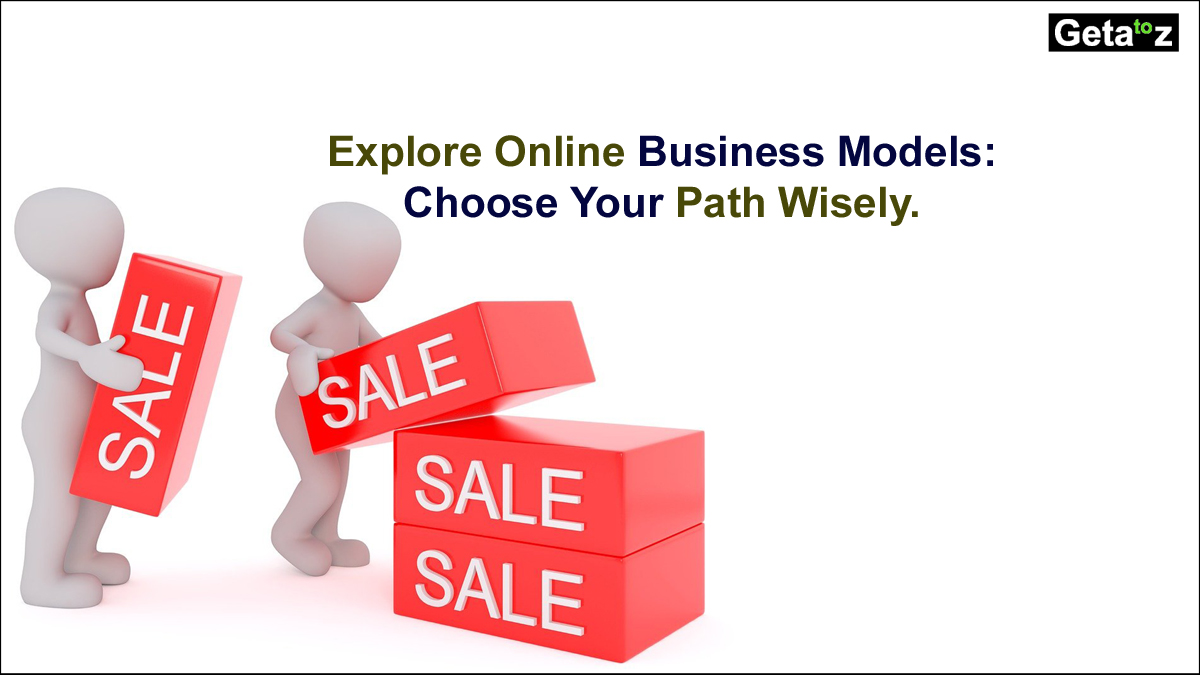Boost Your Small Business with Bulk Selling Strategies
Updated: June 21, 2024

When planning to start an online business, there are various business models to consider, including dropshipping, storing your inventory, direct-to-consumer retailing, and bulk selling. Among these, bulk selling is a particularly effective strategy for businesses looking to maximize revenue and expand into new markets.
What is Bulk Selling?
Bulk selling means selling large quantities of goods or products to other sellers, retailers, or business users in commercial, industrial, or institutional sectors. While bulk selling is usually for business-to-business (B2B) trading, you can also create a channel to sell directly to consumers. This way, you can reach a wider audience and increase your sales.
Bulk sellers can sell a variety of wholesale products. For example, they can sell grain, bulk foods, spices, and beans from the agricultural sector. From the manufacturing sector, they can sell steel products and cement. And from the mining sector, they can sell minerals like iron ore.
Benefits of Bulk Selling and Wholesaling
Some reasons business owners opt for bulk selling include:
Higher Sales Revenue Without Higher Marketing Expenditure
When you sell products directly to consumers, you spend money to market each item. This is known as the customer acquisition cost (CAC). However, when you acquire a bulk-selling customer who places a large order, you get a higher return for the same marketing cost. This means you spend less on marketing per unit sold. With bulk selling, you can redirect those resources to other strategic areas, like expanding your brand’s reach or improving operational efficiency. Plus, since bulk buyers purchase more at once, you see a significant boost in sales revenue.
Lower-Risk Route to Entering New Markets
Entering a new market usually involves high costs and risks, such as logistics, warehousing, and marketing expenses. These costs can be daunting, especially if you are unsure about the market’s potential success.
You can reduce these risks by starting with bulk selling to a local retailer with a market presence and a reliable supply chain. This strategy allows you to efficiently sell your products in new markets without the high setup costs and risks of selling directly to consumers. The local retailer already knows the market and has established customers, so your products reach the market faster and with less risk. This approach lets you test new markets with minimal investment, allowing you to expand your business safely.
Increased Cash Flow and Inventory Turnover
Bulk selling can significantly improve your cash flow. You receive substantial payments when you simultaneously sell large quantities of products, which can help with immediate business expenses and investments. This steady cash flow is essential for maintaining and growing your business. Additionally, selling in bulk helps clear out inventory faster, reducing storage costs and minimizing the risk of unsold stock.
Considerations for Bulk Selling and Wholesaling
When considering bulk selling and wholesaling, several factors need to be addressed,
Pricing strategy
Pricing strategies are crucial in bulk selling. Bulk sellers often offer extended discounts to encourage bulk purchases. However, suppose you do not develop a profitable pricing strategy. In that case, your business will not retain a healthy profit margin with these steep discounts.
Offer discounts based on purchase order quantities, with increased purchasing rewarded with better prices to maintain profitability. This incentivizes retailers to place larger orders, increasing your revenue. Setting minimum order quantities (MOQs) ensures customers looking to buy in bulk but not in high volumes still contribute to your profitability.
Supply chains
Managing supply chains effectively is crucial for bulk selling. Besides considering freight rates and container cargo stipulations, you must address supply chain instability and potential disruptions. Due to the large product volumes involved in bulk selling, shipping is usually done through ocean freight or dry bulk shipping using handysize or Supramax vessels.
Freight rates can fluctuate significantly and impact your costs. It’s essential to monitor these rates closely and plan accordingly. Supply chain instability, such as natural disasters, political unrest, or logistical issues, can affect shipping routes and timelines. Consider diversifying your shipping methods to mitigate the risks of supply chain disruptions. Relying on a single shipping method can be risky, so use a mix of ocean freight, air freight, and land transportation. This reduces the likelihood of a single disruption affecting your entire supply chain. Sourcing products from multiple suppliers can also help avoid dependency on a single supplier. This ensures a steady supply of goods even if one supplier faces issues.
Wholesaling to Retail and Other Wholesalers
Trading in a wholesale marketplace is the best way to begin wholesaling to retailers or other wholesalers. These marketplaces provide instant access to millions of buyers and offer templates for quick and easy storefront setups.
Benefits of Using Wholesale Marketplaces
Wholesale marketplaces enable easy integration with your store and provide essential tools for easy management. These tools include:
- Billing: Simplifies payment processes.
- Inventory Management: Helps keep track of stock levels.
- Lead Tracking: Monitors potential buyers and sales opportunities.
B2B Sales and Marketing Strategies
Once your store is set up, you can adopt various B2B sales and marketing strategies to boost your business:
- Attend Trade Shows: Participate in trade shows in person or virtually to showcase your products and meet potential buyers.
- Collaborate with Complementary Brands: Reach out to brands that sell complementary products and agree to sell each other’s products on your websites.
- Offer Customer Incentives: Provide attractive incentives to encourage bulk purchases. These can include bundle deals, free samples, and free shipping.
Bulk selling presents a powerful opportunity for businesses looking to maximize revenue and efficiently enter new markets. By understanding the benefits and considerations of bulk selling and wholesaling, you can develop strategies that enhance profitability and operational efficiency. Whether selling agricultural products, manufacturing goods, or minerals, implementing a robust pricing strategy, diversifying your supply chains, and leveraging wholesale marketplaces are essential to success. Start exploring the potential of bulk selling and unlock new growth opportunities for your business.